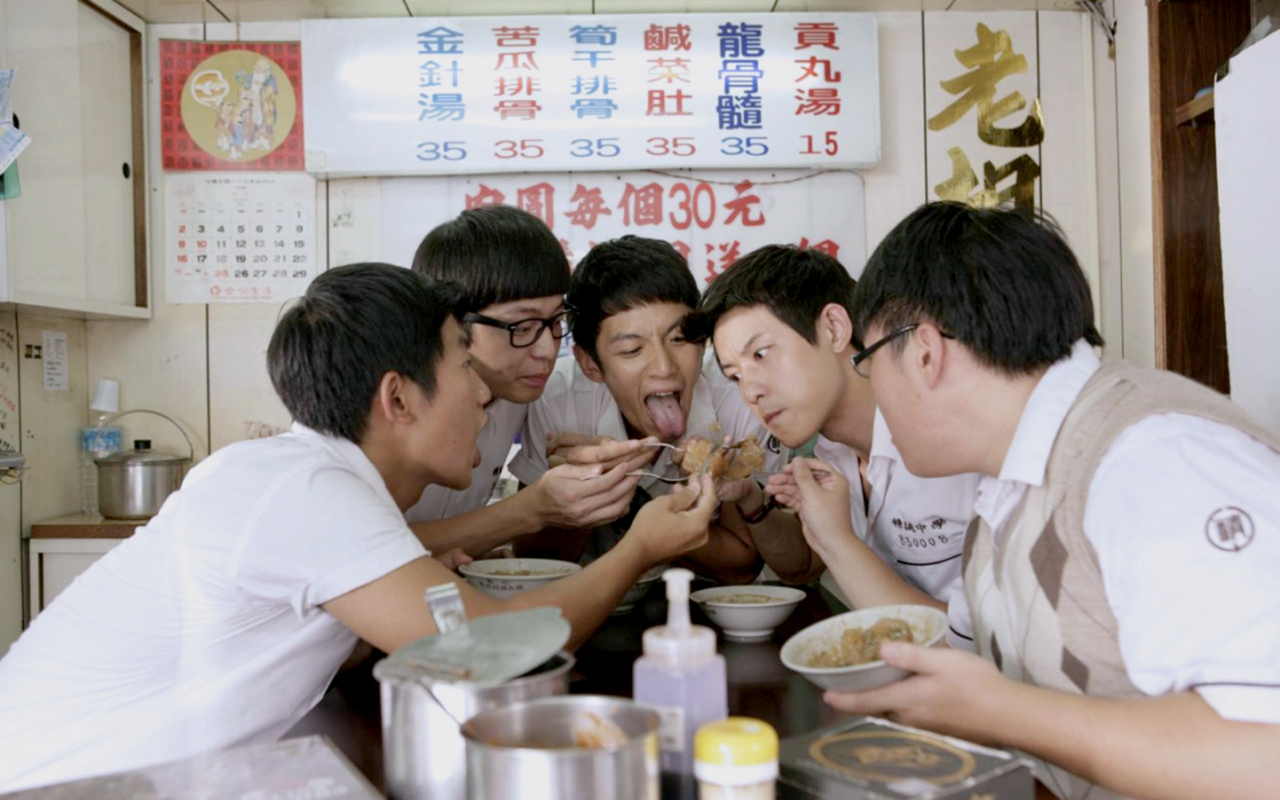Everyone knows this to be a true: at the very moment a group chat comes into being, it is already destined to die.
This is because we suck at texting despite our reluctance to do anything but text. We constantly watch notifications coming in while thinking, “I’ll get that later”—only to never do. We rejoice when 3D touch allows us to read messages without triggering the blue ticks of death. We go crazy when some inconsequent crush refuses to text us back.
We want to feel wanted but we don’t want to work to keep that feeling going.
Group chats are like this as well, only a million times worse. And after every orientation day/week/camp, thousands of students inevitably succumb to the blind belief that these social gathering tools will keep everyone together throughout their next 3 or 4 years, and then some.
This is always part delusion, because the ‘and then some’ part never quite lives up to anyone’s original, enthusiastic expectations.
Suddenly, one weekend, someone falls sick. Or at least that’s what he tells everyone in the group chat.
Prior to graduation, every university group chat is usually sustained by a dynamic of some sort. Often, it’s only one or two individuals keeping them alive. They remind each other of birthdays, upcoming opportunities to study together, and never seem to miss any of the crazy good deals on Agoda or Air Asia. “Squad trip!!” they like to scream.
But the thing about life after university is that this is the time when everyone actually starts to figure their shit out. All that time once spent discussing future plans or writing lengthy Facebook statuses about wanting to live colourful, purposeful lives suddenly evaporates from memory.
In the face of the urgent present, of house loans, taxes, and looming insurance premiums, dreams either shatter or are shelved in favour of more practical pursuits. All of a sudden, some members in the group chat have lucrative job offers lined up while others are surprised to find themselves floundering with no safety net.
Someone might abandon his degree for a startup in a completely foreign field, while another decides to become a pastry chef. Inevitably, another one decides to further his studies to delay working life for just that little bit longer. Unsurprisingly, everyone is surprised to find that none of them are heading in the same direction. They realise, they will not be adulting together.
With these separate paths come a very physical fragmentation. Everyone is convinced that they’ve chosen what’s right for themselves. At the beginning, as jokes, pieces of advice and warnings are traded, predictable emotions surface: shame, regret, self-righteousness, confusion, jealousy.
As conversations persist in these last days of any said group chat, it is still easy to discern the good intentions. For a while, people are willing to listen to each other. They swear constant support and after-work dinners; drinks every other weekend.
Everyone agrees to keep in touch regardless of how disparate their lives are starting to become. Dinner happens once a month, and in the midst of the chaos of all these hustling lives, there is still the occasional glimpse of the stuff that used to hold everyone together. Love lives are scrutinised and aspirations are fleshed out in great detail. It seems like the group chat was not built solely on the common experience of university or an orientation group.
Suddenly, one weekend, someone falls sick. Or at least that’s what he tells everyone in the group chat.
In truth, he has realised that he isn’t looking forward to seeing everyone else this coming weekend. His job search hasn’t paid off, and he knows he always drinks too much at these things because he can’t stand to see everyone else happier than he is. This time though, he knows he can’t afford to splurge on four beers in a single night. His savings are running out.
So he entertains the possibility—“What if I just give it a miss this one time?”
When a group chats dies, it’s usually a good thing. Our once 30 group chats go down to just 6 essential ones, out of which 4 are work-related.
But it doesn’t turn out to be just once. The next time he finds himself depleted of the necessary energy for yet another one of these things, the other person he’s closest to in the group decides that she can’t brave the social event without him. An aunt’s birthday surfaces from out of nowhere. Coincidentally, another member of the clique does actually fall sick.
That weekend, the group chat social gathering, for once, is three members short. It feels sudden and ominous, and no one realises that the signs were always there; that this was always meant to happen.
After this, people in the group chat stop replying—slowly at first, and then all at once. They stop staying up at night swapping stories about bitchy colleagues and incompetent bosses. A crack appears in the group’s dynamic, and this alone is enough to let in the possibility that maybe, just maybe, one does not need to reply to every single text from this group chat.
On hindsight, everyone realises that participation was never equal to begin with. There were always guys who simply tagged along, others who really wanted to make things work, and those who never wanted to be there but never knew how to get out. There is resentment, confusion, and then helpless acceptance. No one realises that there were those who enjoyed the texting but not the showing up, and vice versa.
This, we learn, is what growing up really is. We change, and then we want our exterior lives to mirror our interior ones. We willingly, purposefully partake in a process of letting go: shedding acquaintances, obligations and attachments until we can look at our lives and say, “Okay, all of this is who and where I want to be.”
Our once 30 group chats go down to just 6 essential ones, out of which 4 are work-related. We don’t miss the people we once called friends because their departures are accompanied by new connections—ones actually built on who we are and what we want out of our friendships, not the arbitrary circumstances of randomly shuffled names.
When a group chat dies, it’s usually a good thing. Because it means the end of pretending something matters more than it actually does. After all, if you guys were really such good friends, you would have stuck together.
Right?






